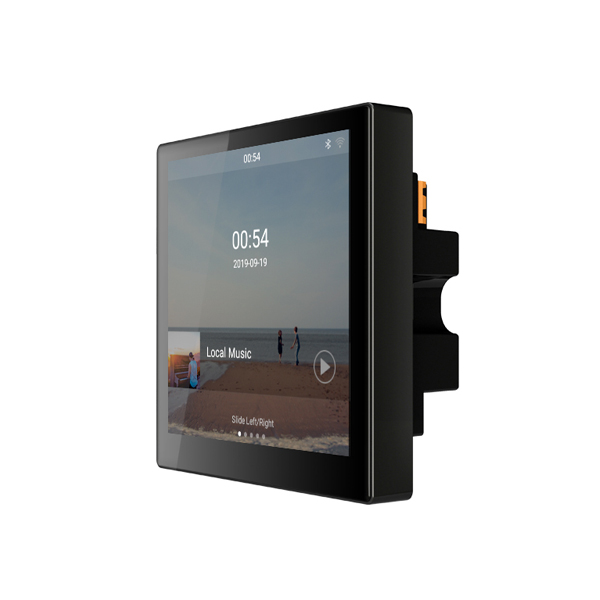

Chat now

In today's increasingly competitive retail landscape, businesses are constantly exploring innovative ways to attract customers and boost sales. One such approach gaining popularity is the use of smart music systems. These cutting-edge audio solutions not only set the mood but also provide valuable insights into consumer behavior and preferences. In this blog, we will delve into the economic elegance of smart music systems in retail and explore how they benefit both businesses and customers.
A carefully curated music playlist can significantly impact a customer's shopping experience. Studies have shown that appropriate background music can influence consumer behavior, leading to longer visits, increased spending, and a higher likelihood of repeat visits. Smart music systems enable retailers to create tailored soundscapes based on factors such as time of day, store area, and target audience.
By integrating sensors and analytics, these systems can adjust the music playlist in real-time to cater to customer preferences. For example, upbeat tempo tracks can increase the pace of shopping and create a sense of urgency, promoting impulse purchases. On the other hand, calming melodies can help shoppers relax and spend more time browsing, leading to higher ticket sizes. Such control over the retail environment enhances customer satisfaction while driving revenue growth.
Smart music systems use sophisticated algorithms and machine learning to gather customer data, allowing retailers to understand individual preferences and create personalized experiences. By offering playlists tailored to specific demographics or capturing data on in-store interactions, businesses can boost customer engagement and loyalty.
Imagine walking into a store that recognizes your music preferences and adjusts the playlist accordingly. This level of personalization enhances the shopping experience, making customers feel valued and understood. With targeted marketing messages subtly embedded in the music, businesses can showcase relevant products and offers, further increasing the likelihood of conversions and sales.
Investing in a smart music system may initially seem like an added expense. However, considering the long-term benefits and cost savings, it proves to be an economically viable solution. Compared to traditional music systems, smart music systems offer improved control and analytics, reducing the need for manual intervention and saving on labor costs.
Moreover, the ability to monitor customer behavior through these systems provides valuable insights for strategic decision-making. Retailers can optimize store layouts, product placement, and marketing campaigns based on real-time data, resulting in more efficient operations and higher returns on investment.
As technology continues to advance, the possibilities for smart music systems in retail are limitless. Further integration with artificial intelligence and augmented reality could provide a completely immersive shopping experience tailored to individual tastes. This seamless fusion of audio and visual elements has the potential to revolutionize the retail industry, ensuring a strong competitive edge for businesses embracing these innovations.
In conclusion, smart music systems offer an elegant solution to elevate the retail experience while positively impacting sales. With their ability to personalize music playlists, capture customer data, and create cost-effective strategies, these systems allow businesses to stay relevant in an ever-evolving market. As the retail landscape continues to evolve, smart music systems are set to play a crucial role in enhancing customer satisfaction, fostering loyalty, and driving economic success.
 【DSPPA Demo】PAVA8000 EN54 Voice Evacuation SystemNovember 12, 2020Abstract: DSPPA PAVA8000 EN54 Voice Evacuation SystemToday, we are gonna show you a demo about our PAVA8000 EN54 Voice Evacuation System.PAVA8000EN54 Voice Evacuation System can not only support manua...view
【DSPPA Demo】PAVA8000 EN54 Voice Evacuation SystemNovember 12, 2020Abstract: DSPPA PAVA8000 EN54 Voice Evacuation SystemToday, we are gonna show you a demo about our PAVA8000 EN54 Voice Evacuation System.PAVA8000EN54 Voice Evacuation System can not only support manua...view The National Standard Approval Meeting held in BeijingJuly 19, 2019The National Standard Approval Meeting held in BeijingThe approval meeting of the National StandardTechnical standard of public address system engineeringis held in Beijing on July 16, 2019. Xue Chang...view
The National Standard Approval Meeting held in BeijingJuly 19, 2019The National Standard Approval Meeting held in BeijingThe approval meeting of the National StandardTechnical standard of public address system engineeringis held in Beijing on July 16, 2019. Xue Chang...view